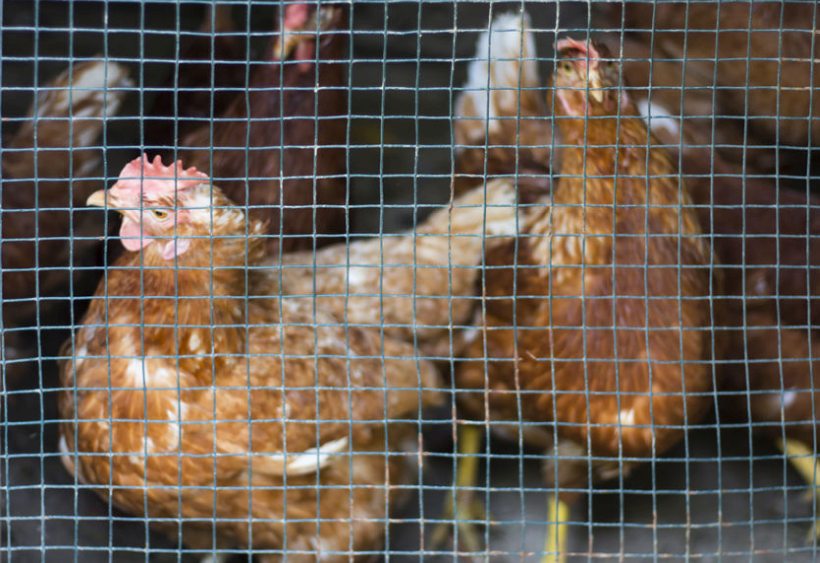Bird flu: Poultry housing order to be introduced in England

A mandatory poultry housing order will be introduced across the whole of England from 7 November as the UK's worst-ever bird flu outbreak continues.
The UK's Chief Veterinary Officer made the announcement on Monday (31 October), saying the government had seen a 'rapid escalation' in avian influenza cases.
The housing measures legally require all poultry farmers and keepers to keep their birds indoors and to follow stringent biosecurity measures.
Over the last year, the UK has faced its worst ever outbreak of bird flu, with over 200 cases confirmed since late October 2021.
The disease has been detected at over 70 premises since the beginning of October, as well as multiple reports in wild birds.
The mandatory housing order will be introduced across all areas of England from 00:01 on Monday 7 November.
The government has also increased the national risk of bird flu in wild birds to 'very high'.
Christine Middlemiss, the Chief Veterinary Officer, encouraged bird keepers to use the week to prepare for the tougher measures.
She said the decision had not been taken lightly: "We are seeing rapid escalation in the number of cases on commercial farms and in backyard birds across England.
"The risk of kept birds being exposed to disease has reached a point where it is now necessary for all birds to be housed until further notice.
"Scrupulous biosecurity and separating flocks in all ways from wild birds remain the best form of defence."
The new housing measures build on the strengthened biosecurity measures that were brought in as part of the Avian Influenza Prevention Zone (AIPZ) earlier this month.
The AIPZ means that all keepers need to take extra precautions, such as restricting access for non-essential people on site.
The UK Health Security Agency continues to advise that the risk to public health from the virus is 'very low'.
And the Food Standards Agency advice remains unchanged, that avian influenzas pose a 'very low' food safety risk for UK consumers.
It comes after the government announced last week that it will alter its existing bird flu compensation scheme to make payments faster, helping stem cash flow pressures.
And in consultation with the Food Standards Agency (FSA), an easement to marketing rules will also be introduced in England.
This means that farmers who breed turkeys, geese or ducks for their meat will have an the option to slaughter their flocks early and to freeze these products.








